Have you seen the Lidl advert where Róisín gets challenged about her professed vegetarianism? “You and Kevin aren’t vegetarian!” her friend exclaims. The look of disgust is written all over Róisín’s face and, let’s be honest, it’s pretty funny to see the virtue signalling called out.
However, although the advert is speaking to a popular narrative – that of converting to a more plant-based diet – the true purpose of the advert is the last message that appears on screen “you can’t argue with Lidl prices”.
Last week at the Irish Farmers’ Association (IFA) AGM, An Taoiseach Micheál Martin and Minister for Agriculture Charlie McConalogue were called out on the Government response to consumer environmental demands in the absence of support for farmers.
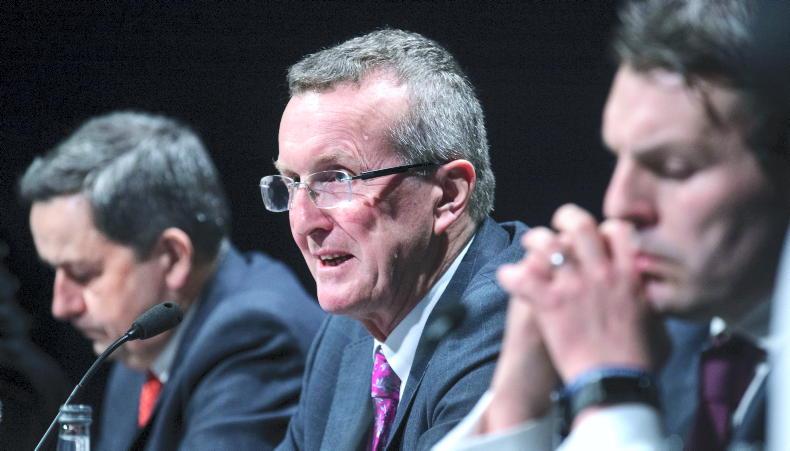
IFA president Tim Cullinan addressing the 67th Annual General Meeting of the Irish Farmers Association in the Mansion House. \ Finbarr O'Rourke
An Taoiseach stressed the importance of broader society buy-in to the climate change agenda. In response, the IFA deputy president Brian Rushe challenged the politicians to produce evidence that consumers are willing to pay farmers for the extra cost that comes with producing food while simultaneously reducing carbon emissions.
He cautioned that a cheap food policy, which is no longer buttressed by strong CAP support, will see vulnerable farmers go out of business with those that are left forced to scale up their business.
The Taoiseach did not provide any evidence to my knowledge, but I found some.
When minimum pricing was introduced for alcohol, did Dutch Gold premium-ise its product? No! It dropped the alcohol volume to remain cheap
The Global Sustainability Study (2021) shows that one third of consumers are willing to pay a premium for sustainable products but across industries and countries price and quality continue to dominate.
Take one example; when minimum pricing was introduced for alcohol, did Dutch Gold premium-ise its product? No! It dropped the alcohol volume to remain cheap.
There is no dearth of evidence showing that lack of profitability has led to consolidation of farms and agribusiness globally.
Ironically, although consumers stopped supporting small “Mom and Pop”-type local shops which allowed the proliferation of “super” markets, this consolidation is something that consumers say that they do not want to see at farm level. In response, the Taoiseach also warned that sectors are being judged on a metric of how they are working toward the overall environmental agenda, and so farmers needed to keep a positive perception of farming and agriculture to the fore.
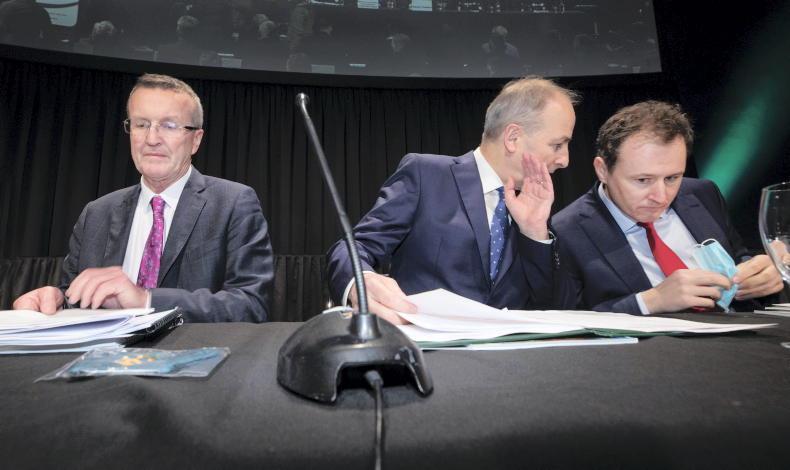
An Taoiseach Michéal Martin whispers to Minister for Agriculture Charlie McConalogue as IFA president Tim Cullinan waits at the 2022 IFA AGM at the Mansion House. \ Finbarr O’Rourke
He claimed that farmers knew what consumers wanted, but I think it would be naïve to take this as a compliment. Farmers have little or no ability to influence consumers in terms of product price, demand or cost recovery. A farmer cannot negotiate with the consumer and is reliant on the point of sale to return a margin. A farmer knows what he/she will buy based on their own personal situation and what they read.
Today one-third of consumers say they are willing to pay more but farmers do not have the option to produce for that one-third, they produce for all
However, a retailer, particularly those online, can use increasingly advanced analytics, data on demographics, age and gender to assess what the customer is buying. This information enables them to create customised offers to steer consumers to products that maximise their profit margins. Those who control the data control the market.
Today one-third of consumers say they are willing to pay more but farmers do not have the option to produce for that one-third, they produce for all. Support is required until the other two-thirds jump on board the environmental train.
Read more
How do farmers manage a 10th paid day off for staff?
Changing a masochistic culture starts with talking about respect
Have you seen the Lidl advert where Róisín gets challenged about her professed vegetarianism? “You and Kevin aren’t vegetarian!” her friend exclaims. The look of disgust is written all over Róisín’s face and, let’s be honest, it’s pretty funny to see the virtue signalling called out.
However, although the advert is speaking to a popular narrative – that of converting to a more plant-based diet – the true purpose of the advert is the last message that appears on screen “you can’t argue with Lidl prices”.
Last week at the Irish Farmers’ Association (IFA) AGM, An Taoiseach Micheál Martin and Minister for Agriculture Charlie McConalogue were called out on the Government response to consumer environmental demands in the absence of support for farmers.

IFA president Tim Cullinan addressing the 67th Annual General Meeting of the Irish Farmers Association in the Mansion House. \ Finbarr O'Rourke
An Taoiseach stressed the importance of broader society buy-in to the climate change agenda. In response, the IFA deputy president Brian Rushe challenged the politicians to produce evidence that consumers are willing to pay farmers for the extra cost that comes with producing food while simultaneously reducing carbon emissions.
He cautioned that a cheap food policy, which is no longer buttressed by strong CAP support, will see vulnerable farmers go out of business with those that are left forced to scale up their business.
The Taoiseach did not provide any evidence to my knowledge, but I found some.
When minimum pricing was introduced for alcohol, did Dutch Gold premium-ise its product? No! It dropped the alcohol volume to remain cheap
The Global Sustainability Study (2021) shows that one third of consumers are willing to pay a premium for sustainable products but across industries and countries price and quality continue to dominate.
Take one example; when minimum pricing was introduced for alcohol, did Dutch Gold premium-ise its product? No! It dropped the alcohol volume to remain cheap.
There is no dearth of evidence showing that lack of profitability has led to consolidation of farms and agribusiness globally.
Ironically, although consumers stopped supporting small “Mom and Pop”-type local shops which allowed the proliferation of “super” markets, this consolidation is something that consumers say that they do not want to see at farm level. In response, the Taoiseach also warned that sectors are being judged on a metric of how they are working toward the overall environmental agenda, and so farmers needed to keep a positive perception of farming and agriculture to the fore.

An Taoiseach Michéal Martin whispers to Minister for Agriculture Charlie McConalogue as IFA president Tim Cullinan waits at the 2022 IFA AGM at the Mansion House. \ Finbarr O’Rourke
He claimed that farmers knew what consumers wanted, but I think it would be naïve to take this as a compliment. Farmers have little or no ability to influence consumers in terms of product price, demand or cost recovery. A farmer cannot negotiate with the consumer and is reliant on the point of sale to return a margin. A farmer knows what he/she will buy based on their own personal situation and what they read.
Today one-third of consumers say they are willing to pay more but farmers do not have the option to produce for that one-third, they produce for all
However, a retailer, particularly those online, can use increasingly advanced analytics, data on demographics, age and gender to assess what the customer is buying. This information enables them to create customised offers to steer consumers to products that maximise their profit margins. Those who control the data control the market.
Today one-third of consumers say they are willing to pay more but farmers do not have the option to produce for that one-third, they produce for all. Support is required until the other two-thirds jump on board the environmental train.
Read more
How do farmers manage a 10th paid day off for staff?
Changing a masochistic culture starts with talking about respect






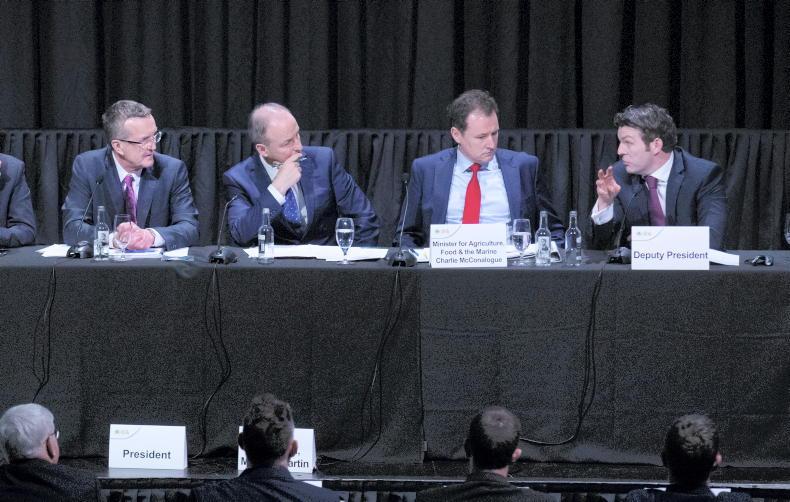
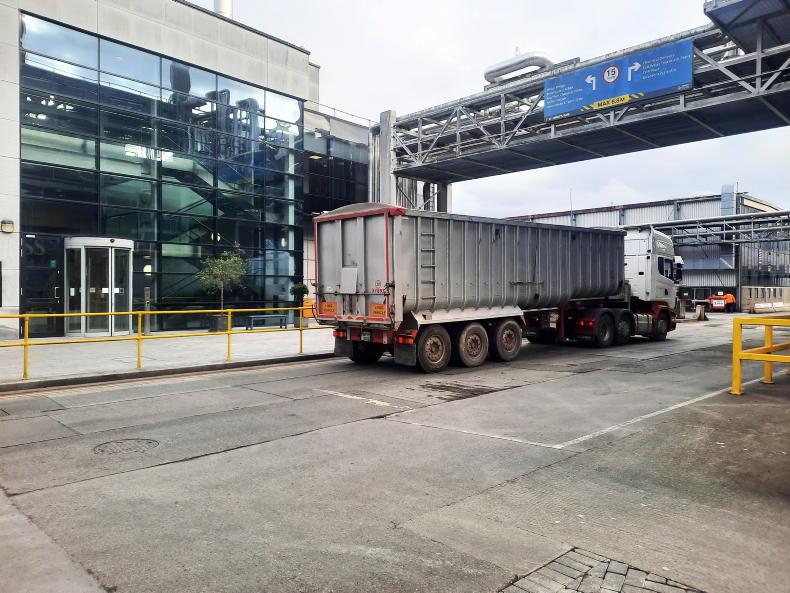
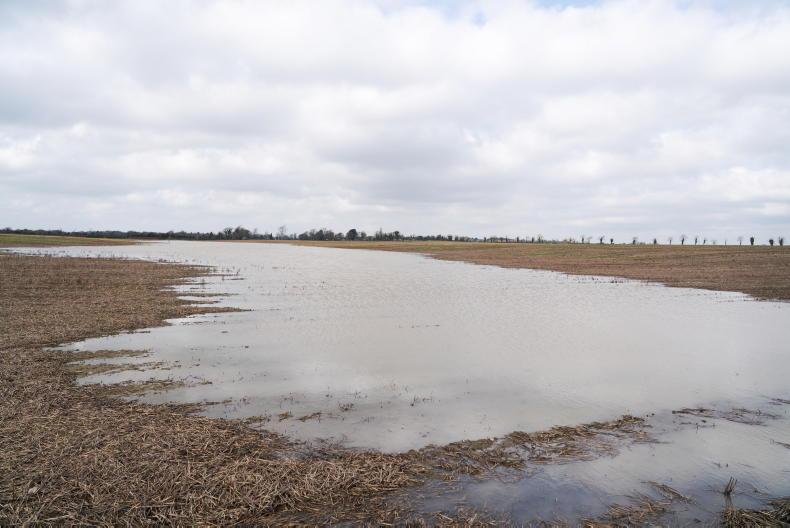

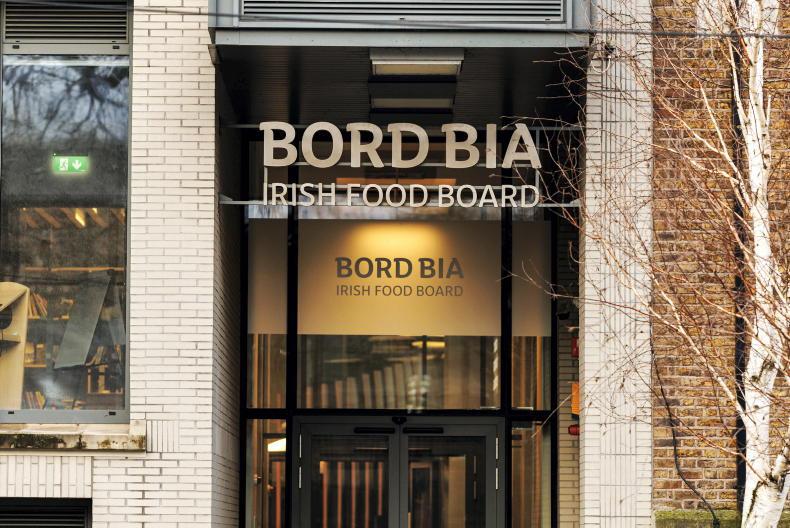
SHARING OPTIONS